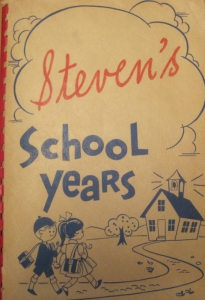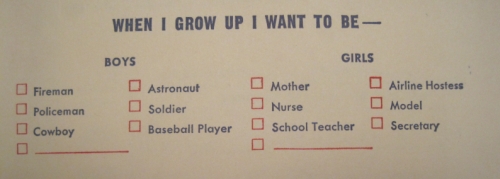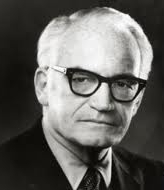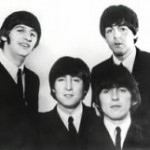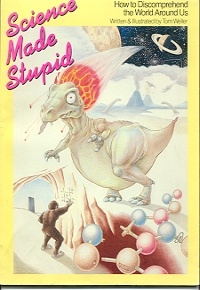When I’m in the car, I use my phone as a music player. Sometimes a song comes on that I’m not in the mood to hear. Once upon a time — in fact, once upon a very recent time — I could say “Okay Google. Next song.” Then the current song would stop and a new song would start. It was all part of Google’s awesome — and free — service. The service was imperfect in some minor ways, but mostly it was awesome and free and I was thankful to have it.
Here’s what happens now when I say “Okay Google. Next song.” The perky Google Assistant voice comes on and says something like “Oh, you want a different song? Okay. Let me sing you one.” Then the perky assistant sings some stupid little jingle for me, and then it returns me to the song I was trying to bypass. My only options at that point are to either a) listen to the rest of the unwanted song, b) try again and have the same thing happen again, which approximately triples my frustration level with each iteration, or c) fumble with my phone, call up the music player, search for the little “next song” button, push it, and try to put the phone back down before I drive into a lamppost. The pattern I’ve developed is to do b) approximately three times, then do c). I hope I’m still alive by the time you read this blog post.
Okay, so the service is still free, and still mostly awesome, right? But I am furious and I think I have a right to be. Let’s review the bidding here. Google has deliberately done the following:
- Disabled the good and useful “next song” feature, for no apparent reason.
- Trained its Assistant to mock its users when they try to invoke that longtime feature.
- Done so in a way that is sure to drive those users into a state of combined frenzy and distraction while they are driving.
Let’s be clear: Mocking users and driving them into a state of frenzy seems to me to be the only conceivable reason for the whole “Here, I’ll sing a song for you, ha ha” bit. I am willing to bet you at substantial odds that no user requested this mockery. It’s apparently put there by Google (or perhaps by a rogue programmer on his last day of work, and overlooked by a lethargic quality control team) for the sole purpose of pissing people off and giving the folks at Google a good chuckle, without regard for possible deadly consequences. It seems to me to be roughly the moral equivalent of throwing watermelons off overpasses.
And just to make that analogy fair: If someone, through sheer technical brilliance and the goodness of his heart, ever designs the world’s most awesome overpass, builds it at his own expense, offers it to the world for free, maintains it for years, and then one day starts throwing watermelons off it — the main thing I’m going to remember is the watermelons.


